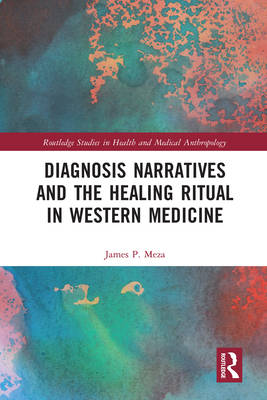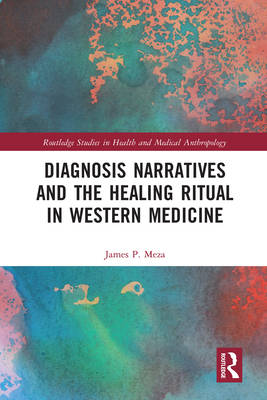
- Afhalen na 1 uur in een winkel met voorraad
- Gratis thuislevering in België vanaf € 30
- Ruim aanbod met 7 miljoen producten
- Afhalen na 1 uur in een winkel met voorraad
- Gratis thuislevering in België vanaf € 30
- Ruim aanbod met 7 miljoen producten
Diagnosis Narratives and the Healing Ritual in Western Medicine
James MezaOmschrijving
The dominance of "illness narratives" in narrative healing studies has tended to mean that the focus centers around the healing of the individual. Meza proposes that this emphasis is misplaced and the true focus of cultural healing should lie in managing the disruption of disease and death (cultural or biological) to the individual's relationship with society. By explicating narrative theory through the lens of cognitive anthropology, Meza reframes the epistemology of narrative and healing, moving it from relativism to a philosophical perspective of pragmatic realism. Using a novel combination of narrative theory and cognitive anthropology to represent the ethnographic data, Meza's ethnography is a valuable contribution in a field where ethnographic records related to medical clinical encounters are scarce. The book will be of interest to scholars of medical anthropology and those interested in narrative history and narrative medicine.
Specificaties
Betrokkenen
- Auteur(s):
- Uitgeverij:
Inhoud
- Aantal bladzijden:
- 258
- Taal:
- Engels
- Reeks:
Eigenschappen
- Productcode (EAN):
- 9780367588519
- Verschijningsdatum:
- 30/06/2020
- Uitvoering:
- Paperback
- Formaat:
- Trade paperback (VS)
- Afmetingen:
- 155 mm x 231 mm
- Gewicht:
- 249 g

Alleen bij Standaard Boekhandel
Beoordelingen
We publiceren alleen reviews die voldoen aan de voorwaarden voor reviews. Bekijk onze voorwaarden voor reviews.











